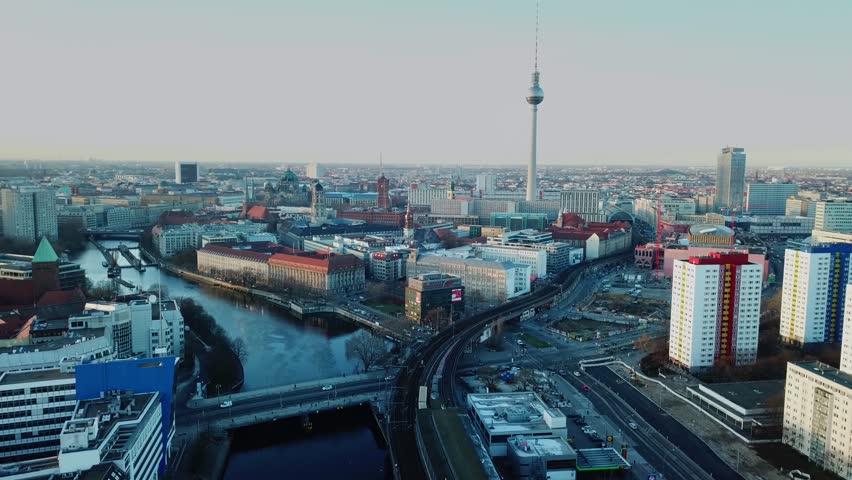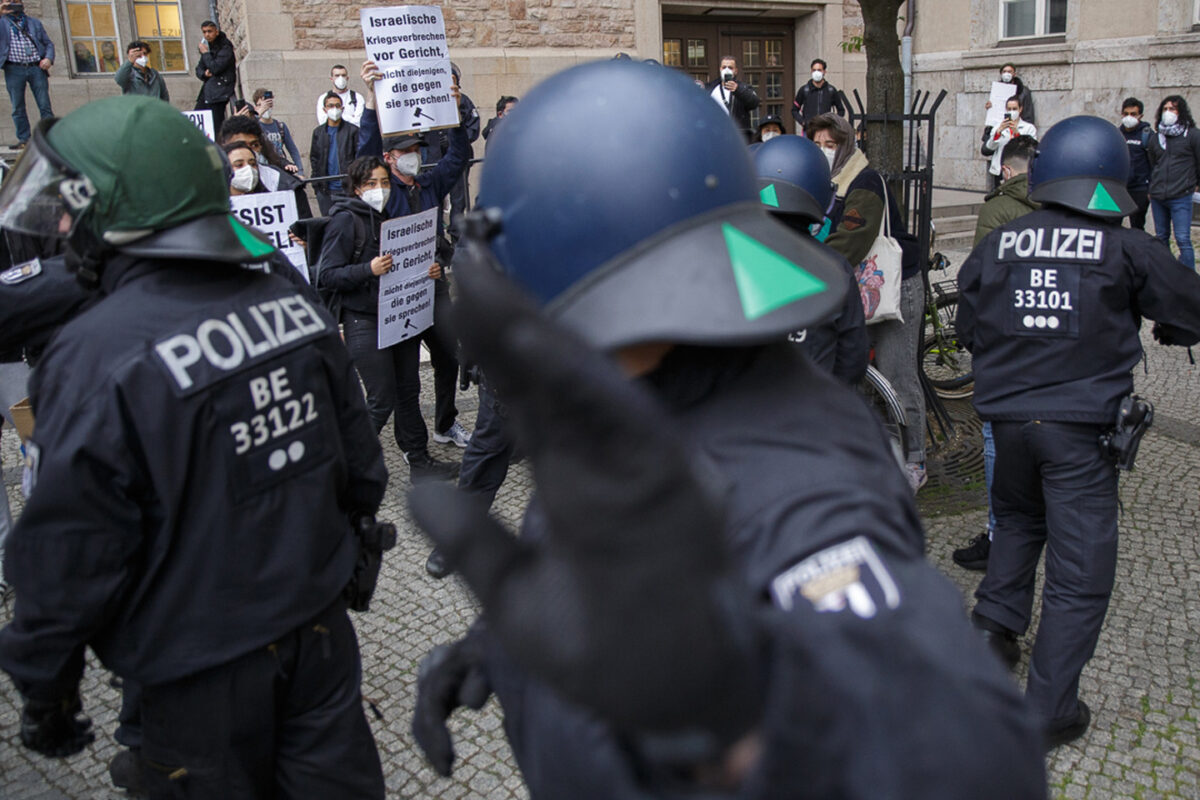NEWS FROM BERLIN
Die Linke remembers Luxemburg and Liebknecht
On January 15, 103 years ago, Rosa Luxemburg and Karl Liebknecht were murdered. This was commemorated this year on January 9. The commemoration took place at the Socialists’ Memorial at the Friedrichsfelde Central Cemetery. “Die Linke” party’s federal leaders, Susanne Hennig-Wellsow and Janine Wissler, also took part in the silent commemoration. Such event is still important for the Left, said Klaus Lederer (“die Linke”). “Karl and Rosa were some of those at the time who were quite critical of Russian revolutionaries.” The two had stood up for democratic socialism and were murdered because of it, Lederer added. Source: rbb
Berlin introduces stricter Corona rules immediately, but Brandenburg still waits.
According to Berlin’s health senator Ulrike Gote (die Grüne), the 2G-plus regulation for restaurants agreed by the federal and state governments should come this week. The rapid implementation also applies to the simplified quarantine rules also agreed by the federal and state governments, she said. The implementation of the agreements of the Conference of Minister Presidents on the tightening of the Corona measures is also on the agenda in Brandenburg. The national government will also discuss on Tuesday how it will implement the measures. However, the decisions are not to be taken until a week later. Source: rbb
NEWS FROM GERMANY
No time to lose
In the coalition agreement, there are only three sentences under the term “cycling”, and one of these refers to pedestrians. According to a survey by the state development bank KfW, two thirds of regular car users could imagine cycling more often. For that, the respondents would like to see better public transport connections, more cycle paths, secure parking facilities and some would also like to have an e-bike so that they can cover longer distances more easily and quickly. It is therefore time for new political framework conditions once transport plays a decisive role in achieving climate protection goals. Source: nd
Corona protests: the orchestrated rage
Tens of thousands of people took to the streets in Germany on Monday against the Corona policy. In Freiberg in Saxony, the protests have been getting more and more aggressive for months. It has become a German hotspot of protest. Currently, because of the high infection figures, a maximum of ten people are currently allowed to gather in Saxony. However, the demonstrators have turned the ban into a cat-and-mouse game with the police. Local citizens, against such protests, are worried about personal relationship, too. One of them said: “The normal way of getting along with each other is no longer practiced.” Source: dw
A sad record: 80,000 daily COVID infections in Germany
For the first time since the beginning of the pandemic, Germany has more than 80,000 daily new coronavirus cases. More exactly, 80,430 new COVID cases to the Robert Koch Institute, which surpasses the previous record of 76,414 cases recorded on November 26. There is still some considerable regional variation across the country, with the state of Bremen posting the highest incidence rate: 1,296.8. Berlin has the second-highest incidence rate, although significantly lower at 856.4. Saxony – the state that until recently had the highest incidence values in the whole country – has currently the lowest incidence rate: 239.5. Source: iamexpat



